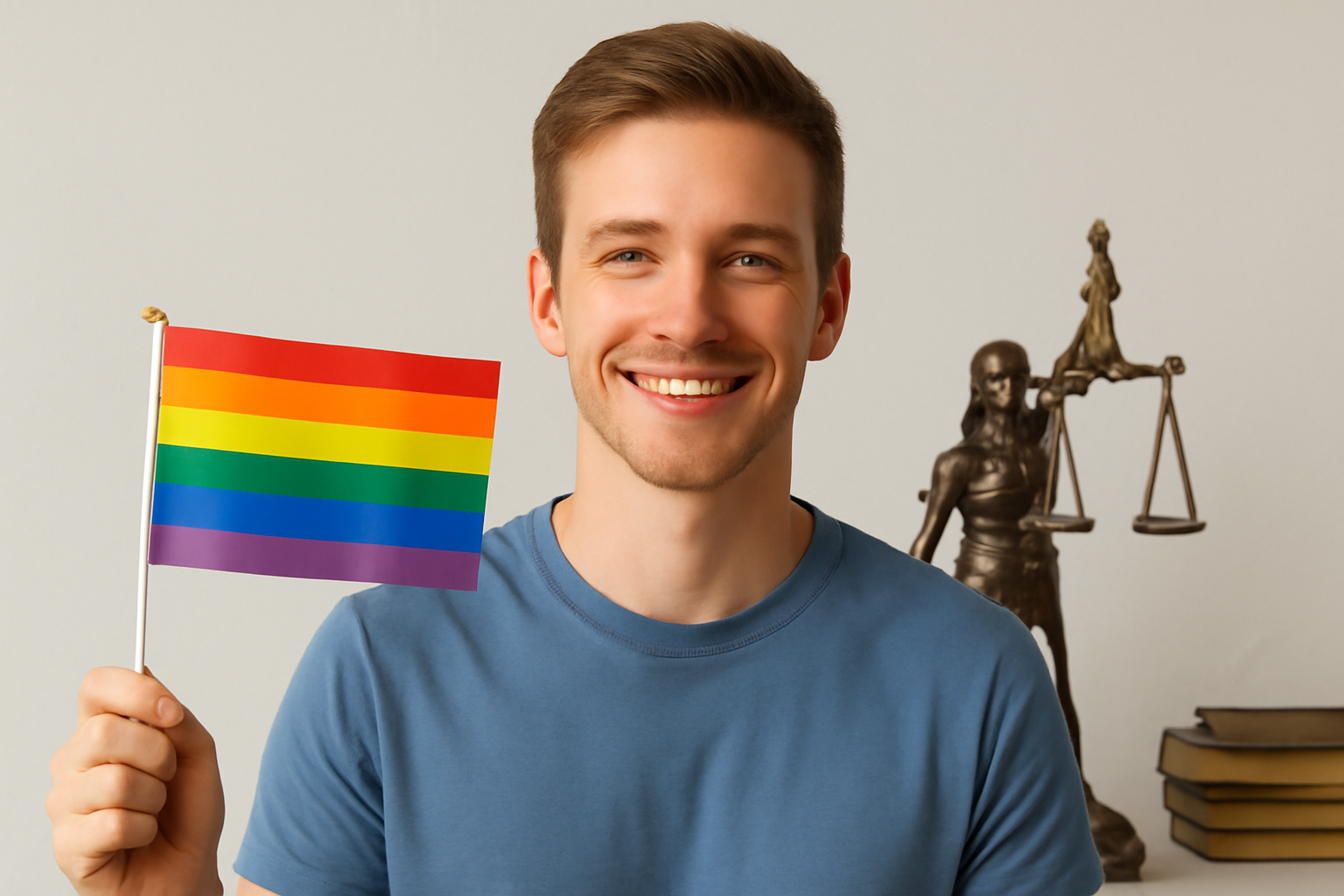
The recent Supreme Court decision has sparked widespread discussion and debate, especially within the LGBTQ+ community. The case in question centered around what some have labeled as "reverse discrimination," raising important questions about the future of affirmative action policies in the United States. This ruling has significant implications, not only for educational institutions but also for broader issues of equality and representation.
1. Background of the Case
The case originated from a lawsuit challenging the admissions policies of a major university. The plaintiffs argued that the university's affirmative action policy, which considers race as one of many factors in its admissions process, unfairly discriminated against certain groups. This case reached the Supreme Court, where it was debated whether such policies violate the equal protection clause of the Fourteenth Amendment.
2. The Court's Ruling
In a landmark decision, the Supreme Court ruled in favor of the plaintiffs, stating that the current implementation of affirmative action policies in the admissions process was unconstitutional. The majority opinion emphasized that while diversity is an admirable goal, the means of achieving it must not infringe upon the rights of individuals to equal treatment under the law.
3. Implications for Educational Institutions
This decision has immediate repercussions for colleges and universities across the nation. Many institutions will need to reevaluate their admissions policies to ensure compliance with the new legal standards. This ruling may lead to significant changes in how diversity is achieved on college campuses, potentially affecting the demographics of future student bodies.
4. Effects on the LGBTQ+ Community
While the case primarily focused on race-based affirmative action, the ramifications extend to other areas of diversity and inclusion. The LGBTQ+ community may experience indirect impacts, as educational institutions and other organizations reassess their approaches to achieving a diverse and inclusive environment. This ruling underscores the need for ongoing advocacy and dialogue about the ways in which different forms of identity are represented and supported in various sectors.
5. Broader Social and Political Impact
The decision has reignited debates about the role of affirmative action in promoting equality versus reinforcing division. Some view the ruling as a step towards a more merit-based system, while others fear it could reverse progress made in achieving greater representation for historically marginalized groups. The conversation surrounding this issue is complex and deeply rooted in differing perspectives on equality and justice.
6. Future of Affirmative Action
This ruling will likely prompt a slew of legal challenges and legislative efforts aimed at determining the future of affirmative action. Politicians, activists, and legal experts are already contemplating how to address the gaps in equality that affirmative action sought to mitigate, even as they navigate the constraints of the Supreme Court's decision.
7. Moving Forward
As society grapples with this pivotal decision, it is crucial for community leaders, educators, and policymakers to engage in constructive dialogue about the values of diversity and inclusion. The LGBTQ+ community, along with other marginalized groups, should continue to advocate for policies that ensure fair representation and equal opportunities for all, while also respecting the legal frameworks that shape these policies.
In conclusion, the Supreme Court's decision on what has been referred to as the "reverse discrimination" case marks a significant moment in the ongoing discourse about affirmative action and equality in America. It challenges us to reconsider how best to achieve a society that values diversity and fairness for everyone, regardless of their background or identity.
Related Posts
Triumphant Trans Woman Wins Legal Battle and Inspires Others to Stand Up for Their Rights
Breaking new ground: a landmark victory in transgender rights After battling in courtrooms and enduring endless challenges, Diana Portillo, a transgender woman, has secured a monumental victory in her decade-long fight against workplace discrimination. The result? Nearly $1 million awarded in a historic settlement. But this isn't just a win on paper—it represents a powerful precedent in combati [...]
Pride Month in Latin America: Protests and Demands for Equality
**Celebrating Pride and advocating LGBTQ+ rights in Latin America** Pride Month in Latin America was a lively mix where celebration met activism. Communities united, not just throwing a party but making a stand—demanding equality and pushing governments toward better protection and rights recognition. Throughout Latin America, pride events erupted in marches and cultural displays, each with a c [...]
Transgender Erasure Actions Implemented by National Park Service
```html Trump administration's impact on national park service and transgender recognition The Trump administration made notable moves in undermining transgender representation, which included directing agencies like National Park Service not include "T" and "Q" when they refered “LGBTQ” in any official communication. This move seems part a broader plan by this administration aimed at reducin [...]